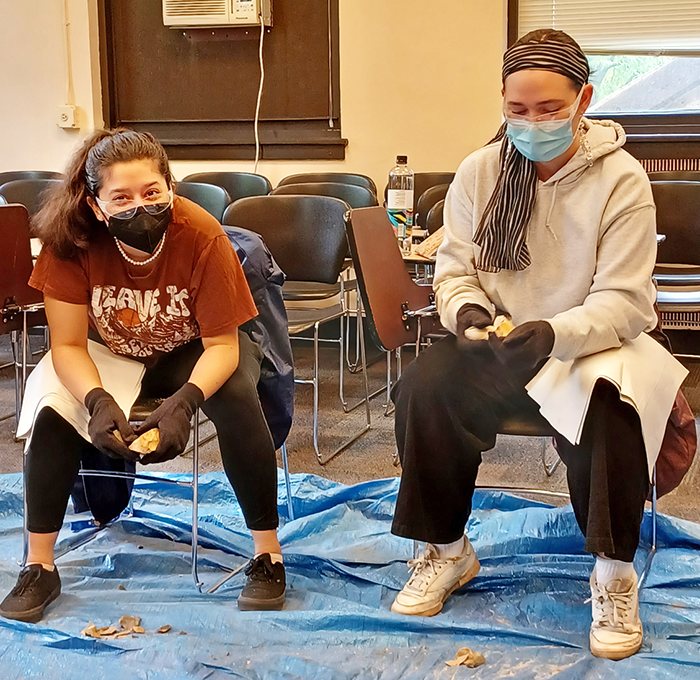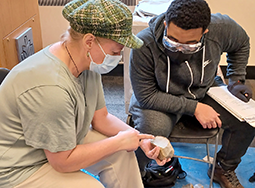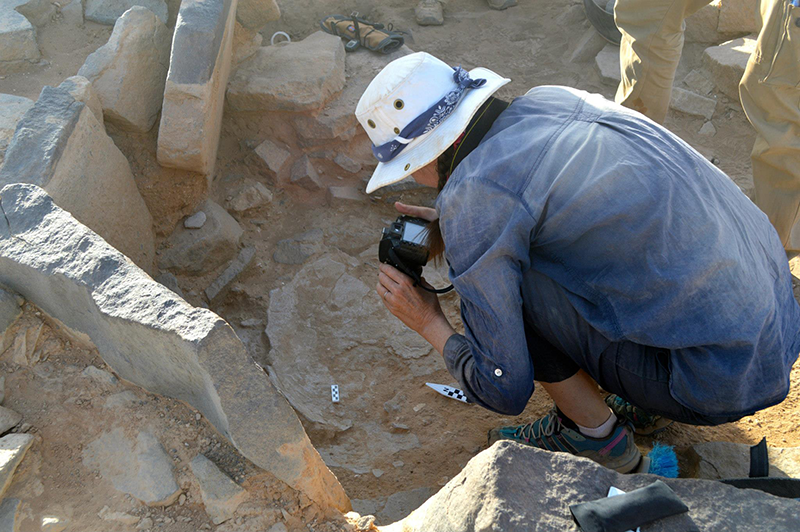
Engagement with the City of Chicago is an integral component of several courses. These experiences have given our alumni many advantages in seeking internships, employment and admission to graduate school. Our courses combine the best parts of a critical, creative, liberal arts education with practical, professional preparation. The major courses direct the student toward the subfields of cultural anthropology and archaeology, with a focus on applied research in these subfields. As part of the major, students engage in several research projects, including those that expose them to the application of anthropological knowledge for non-academic audiences and for our archaeological field school. Students graduate with an extensive knowledge of how anthropology is actually done. We bring students farther into this practical side of the discipline than any other BA program in the country.

Academic careers are attractive to some graduates, but more than half of all professional anthropologists work outside of academic institutions. Some of these careers include research for public and private organizations, administration and/or public policy on the local, regional federal or international level; research and work in museums; intercultural communication; advertising, marketing and public relations; human resources, public health, health care and law. They also contribute to nongovernmental and international organizations. Within the context of administration or public policy, anthropologists are engaged in cultural resource management (CRM), monitoring the preservation of cultural resources for national parks, museums and state or municipal cultural institutions (e.g., parks and historical societies). Anthropology enhances other career paths, such as modern languages, international studies, international relations, cultural studies and international business. Students will have completed at least four ethnographic research projects and be certified in archaeological research skills by the time they graduate.

The extensive ethnographic research experience qualifies students with BA degrees to work in both nonprofit (social service agencies) and for-profit (marketing, design, user-based) research settings. The archaeological certification opens avenues for careers in cultural resource management (CRM), and monitoring the preservation of cultural resources for national parks, museums, and state or municipal cultural institutions.